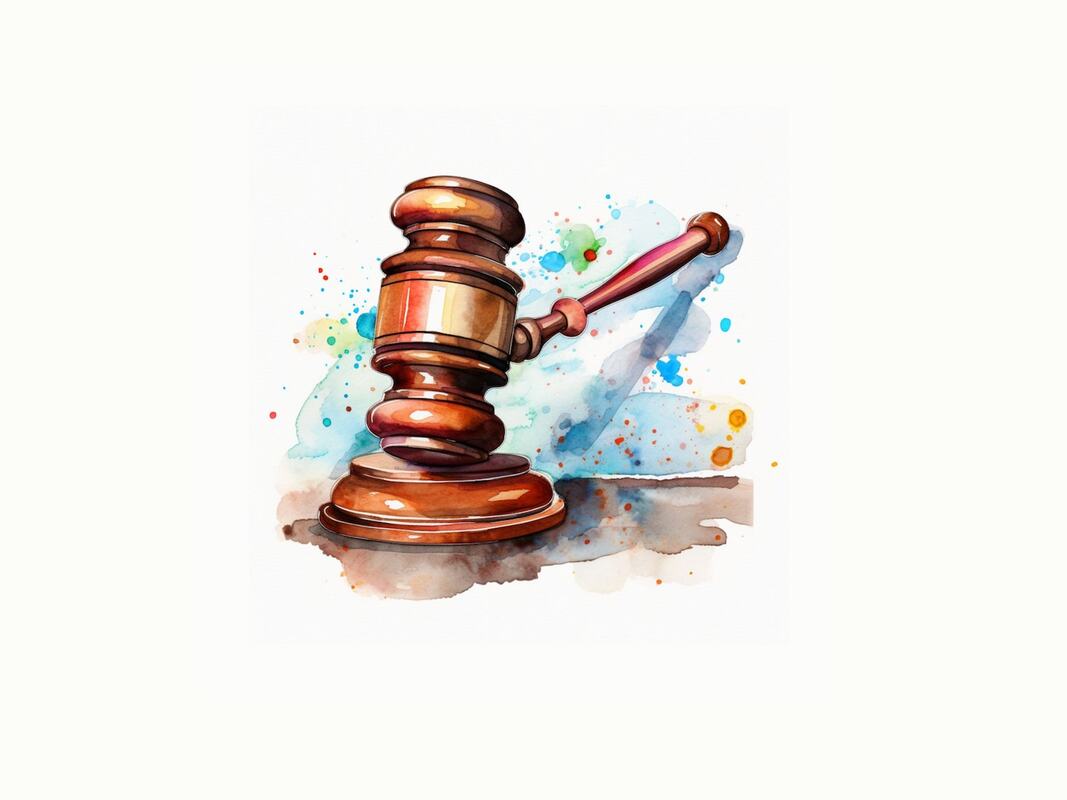- Home
- About Us
-
Services
- Case Management Services
- Employment Services
- Mental Health Services
- Peer Counseling & Support
- HOPE Re-Entry Services
- Mental Health Healing Groups
- Developmental & Learning Disabilities
- Parenting Skills
- Call For Classes - Domestic Violence & Anger Management
- Call For Details - Outpatient Treatment for Alcohol and Drug
- Call For Details - Outpatient Treatment For Expectant Mothers
- Meet Our Team
- Contact
- Blog
|
Under the Gavel, a look into the Justice System and the BIPOC community By, Shawna Turner In the intricate tapestry of the United States' legal system, the relationship between the court system and the BIPOC (Black, Indigenous, and People of Color) community is a deeply nuanced and historically rooted one. The historical context of systemic racism and oppression has cast a long shadow over the justice system, shaping the experiences of BIPOC individuals within its confines. From the era of slavery to Jim Crow segregation and the ongoing struggle against racial discrimination, the court system has often been complicit in perpetuating injustices against BIPOC communities.
Throughout history, BIPOC individuals have faced disproportionate rates of incarceration, harsher sentencing, and unequal treatment within the legal system. The legacy of discriminatory practices such as racial profiling, unequal access to legal representation, and biased sentencing policies continues to reverberate in the present day. These systemic inequalities not only undermine the principles of justice and equality but also perpetuate cycles of poverty, disenfranchisement, and social marginalization within BIPOC communities. In recent years, heightened awareness and advocacy efforts have brought issues of racial injustice and inequity within the court system to the forefront of public consciousness. The Black Lives Matter movement, along with grassroots initiatives and legal reforms, have sparked important conversations and calls for accountability within the legal system. However, systemic change remains an ongoing struggle, requiring sustained efforts to dismantle entrenched biases and address the root causes of racial disparities in law enforcement, prosecution, and sentencing. Against this backdrop, the importance of advocating for the rights and dignity of the BIPOC community within the court system cannot be overstated. It is imperative to ensure equal access to justice, fair treatment under the law, and meaningful representation for all individuals, regardless of race or ethnicity. By challenging systemic injustices, advocating for policy reforms, and amplifying the voices of marginalized communities, we can work towards building a more equitable and just legal system for generations to come. In the pursuit of justice, equity, and reconciliation, the court system must reckon with its historical legacy and strive towards a future where all individuals are treated with dignity, respect, and fairness under the law.
0 Comments
Leave a Reply. |
Adonai StaffHere is where you will find our musings and reflections. Archives
May 2024
Categories |
- Home
- About Us
-
Services
- Case Management Services
- Employment Services
- Mental Health Services
- Peer Counseling & Support
- HOPE Re-Entry Services
- Mental Health Healing Groups
- Developmental & Learning Disabilities
- Parenting Skills
- Call For Classes - Domestic Violence & Anger Management
- Call For Details - Outpatient Treatment for Alcohol and Drug
- Call For Details - Outpatient Treatment For Expectant Mothers
- Meet Our Team
- Contact
- Blog

 RSS Feed
RSS Feed
